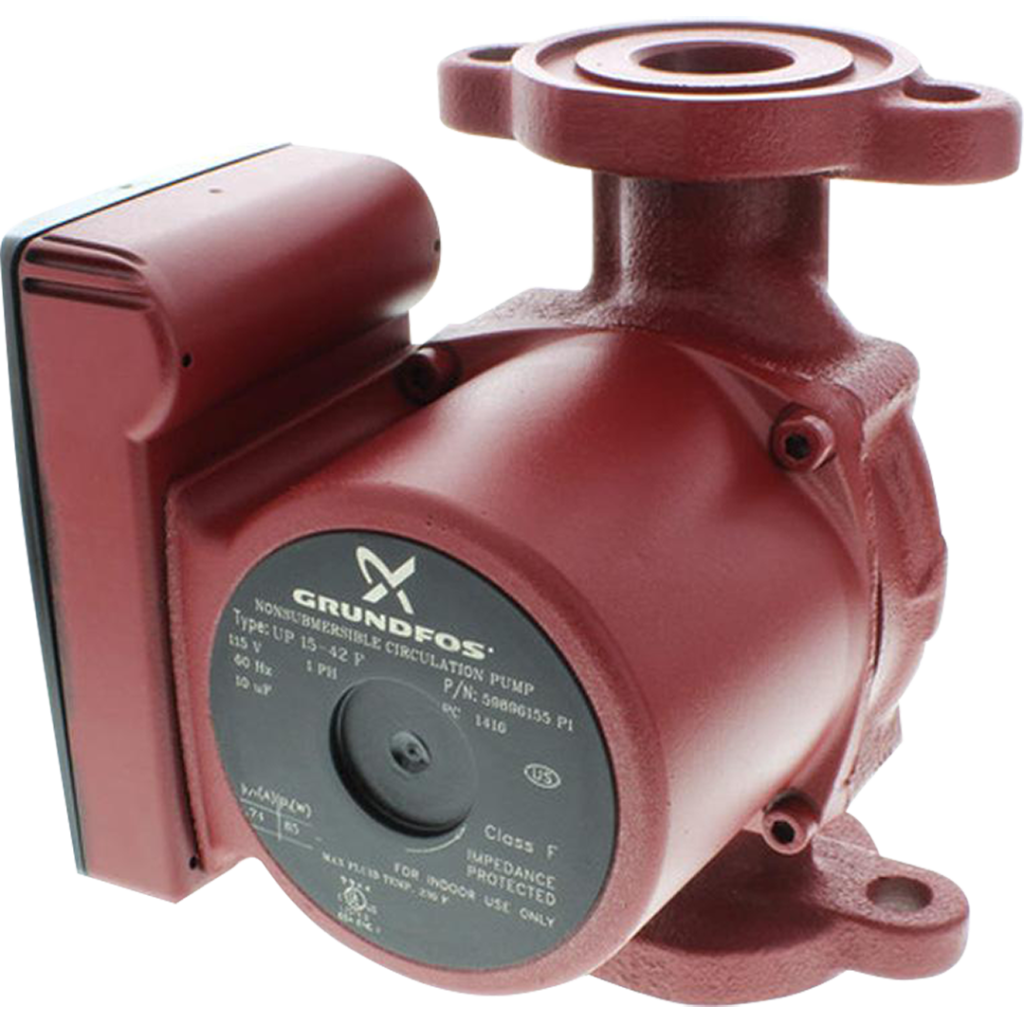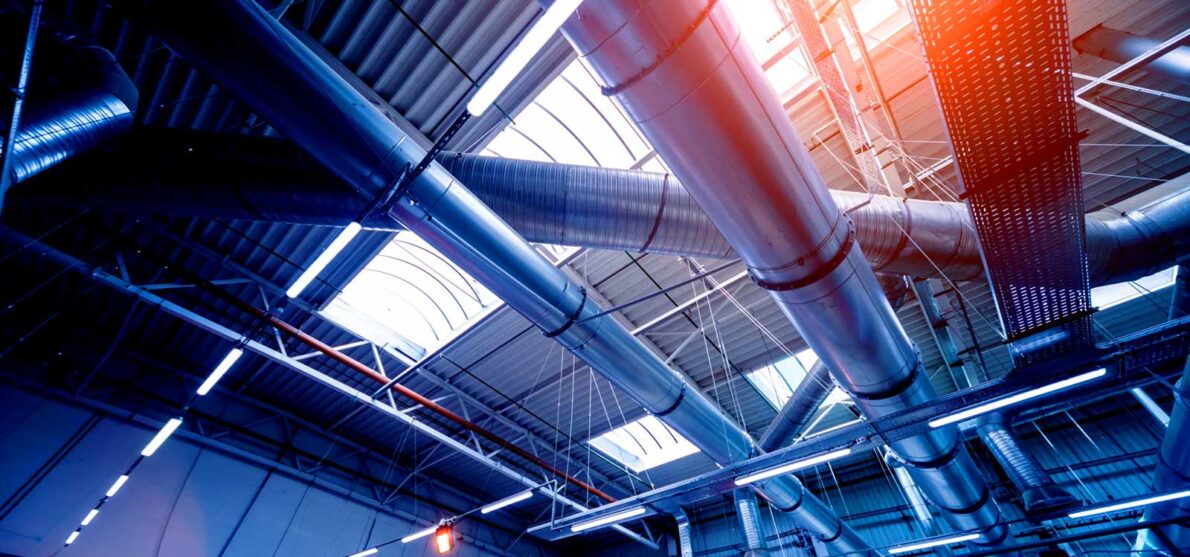
Have you ever wondered how long an HVAC pump should last? The short answer is: it depends. The long answer is: it depends on the following factors.
The Proper Piping Of The Pump
The proper piping of the pump is very important, because it will determine how long your HVAC pump will last. The piping should be made from stainless steel or copper, as these metals are resistant to corrosion.
You also want to make sure that your piping is connected in a way that avoids any unnecessary bends or kinks, which can cause friction and wear on the pump. If you notice any leaks coming from your piping, you may need to replace it sooner than later.
How Often You Use The System
If you only use your HVAC system once a day for a few hours, then the circulator pump will likely last longer than if you run it every day for 8 hours. It’s important to keep in mind that if you run your air conditioning system less than once per week, then there may be a build-up of mineral deposits in your system that can shorten the life of your pump.
How Much Water Is Being Circulated
The amount of water being circulated through your system can also play a role in determining how long to expect your circulator pump to last. If you live in a humid environment where there are high levels of moisture in the air and little use of air conditioning, then this could lead to premature failure due to corrosion from salt build-up.
Motor Speed And Voltage
The first factor that affects the life of your pump is its motor speed and voltage. If you have a high-voltage, high-speed pump, then it will last longer than a low-voltage, low-speed one because it has more power and can be run for longer periods of time without overheating.
The second factor that affects the life of your pump is whether or not it has an overload protector installed in it. This protects against overloading your pump, which could damage its internal components and shorten its lifespan significantly.
How Well It Was Installed And Maintained
The quality of the materials used in the installation will have a significant impact on its longevity, as well as the ease with which repairs can be made. Poorly installed plumbing pumps will require more frequent maintenance and repairs, while a well-installed pump will only need routine maintenance to ensure it continues to operate at peak efficiency.

